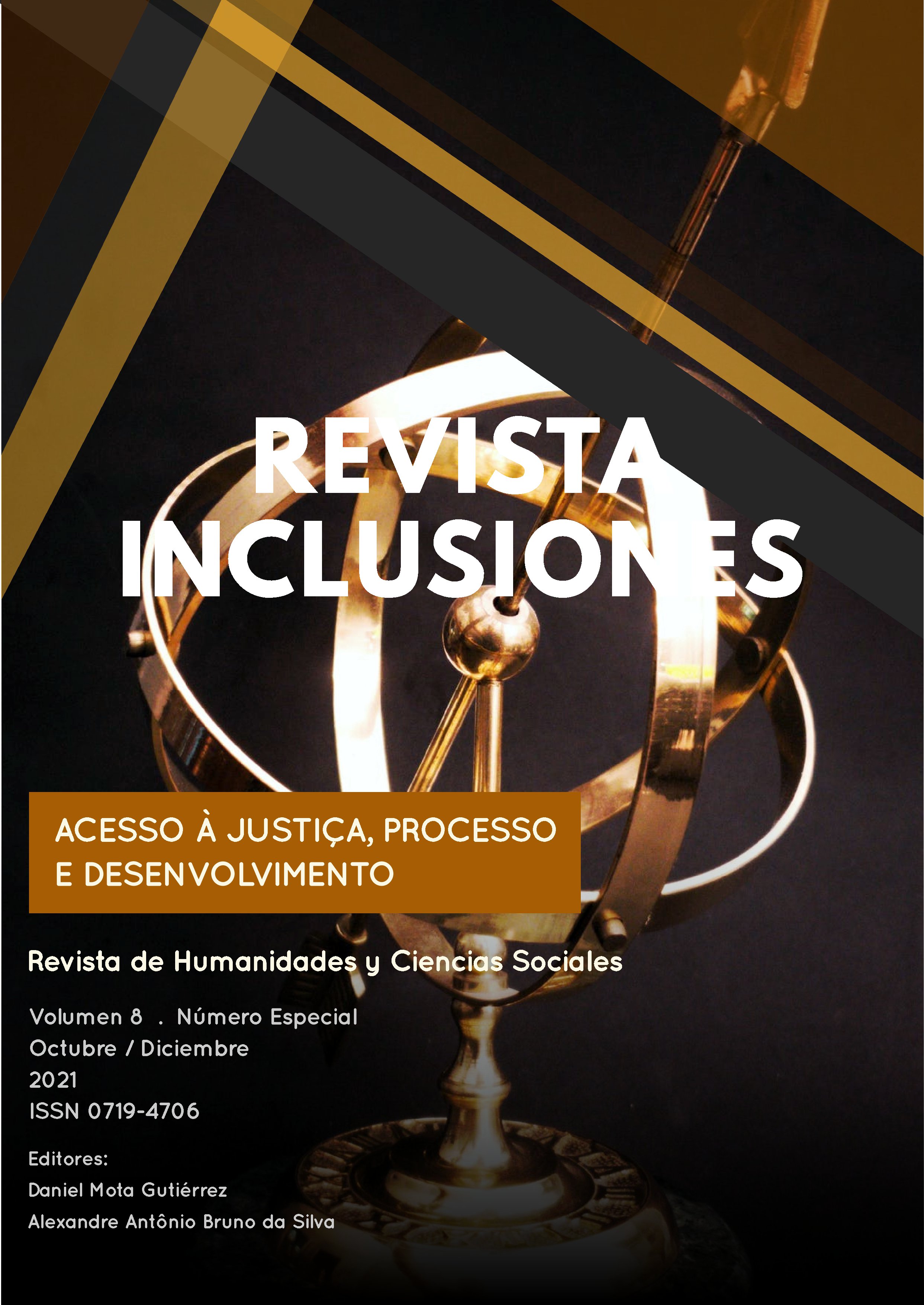THE USE OF NUDGES IN THE FIGHT AGAINST INFORMALITY IN BRAZIL
Resumen
The article aims to study the fight against informality in Brazil, suggesting the use of the behavioral
economics tool called nudge by the public power. The main objective is to expand the debate on the
use of the new mechanisms of economic theory to try to combat the problem of informality in the
Brazilian labor market. The relevance of the theme of combating informality has important
repercussions on the worker's life, on the organization of companies and on the responsibilities of the
public authorities. To demonstrate this importance, it was chosen the social security aspect of the
problem by collecting the existing data and highlighting the consequences of informality for the worker
and for the State. The conceptual bases of the application of nudges and the cognitive biases of the
cascade of availability and intertemporal discount were presented. The questioning of the multiplicity
of models of job attachment made available to the citizen was presented, which, instead of reaching
the intended objective of making relations more flexible, leading to better levels of formality, can make
the choices more complex. Finally, it was concluded by the convenience of the use by architects of
governmental choices of a better structure and availability of information that makes the
consequences of their choices for themselves and for society accessible to citizens, inducing
employers and workers to make the decisions with best results for the country's social objectives.
Descargas
Publicado
Cómo citar
Número
Sección
Licencia

Esta obra está bajo una licencia internacional Creative Commons Atribución 4.0.
Los autores retienen los derechos de autor y otorgan a Revista Inclusiones el derecho de publicación bajo Creative Commons Attribution 4.0 International (CC BY 4.0). Esto permite el uso, distribución y reproducción en cualquier medio, siempre que se otorgue la debida atribución al autor.











